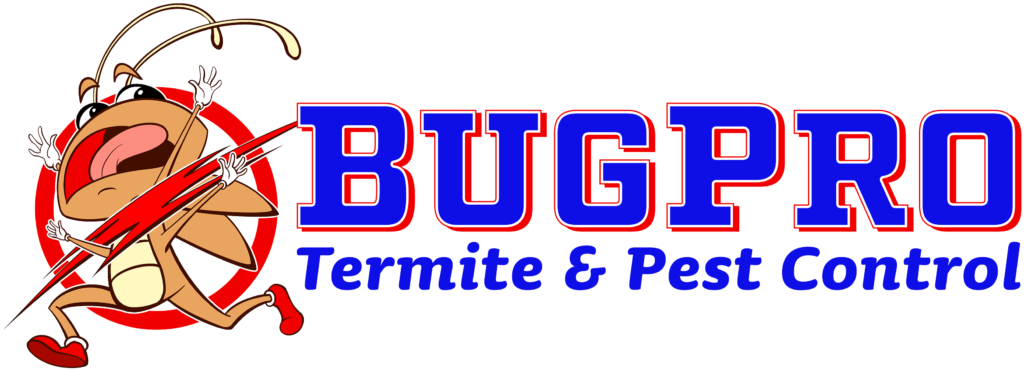
If your home is undergoing fumigation for pests, such as termites, one of the essential preparation steps involves protecting your food and other consumables. This is where Nylofume® bags come into play. These specialized bags are designed to safeguard your food and other items from fumigants, ensuring they remain safe and uncontaminated. This blog will introduce you to Nylofume bags, explaining what they are, why they are essential, how to use them, and answering some frequently asked questions.
What Are Nylofume Bags?
Nylofume bags are high-quality, nylon polymer bags used for sealing and protecting food, medications, pet food, and other consumable items during structural fumigation. The bags are specially designed to be gas-tight, which means they prevent fumigants from penetrating and contaminating their contents.
Why Are Nylofume Bags Essential During Fumigation?
– Safety: The primary purpose of Nylofume bags is to ensure the safety of consumable items during fumigation. Fumigants, such as sulfuryl fluoride, can be harmful if they come into contact with food or medications. Nylofume bags provide a barrier that keeps these items safe.
– Compliance: Many pest control companies and regulatory agencies mandate the use of Nylofume bags to ensure safety and compliance with fumigation guidelines.
– Convenience: Using these bags allows you to keep essential items in your home during the fumigation process, rather than having to move them elsewhere.
How to Use Nylofume Bags
Properly using Nylofume bags is crucial for ensuring the protection of your items. Here is a step-by-step guide:
1. Preparation:
– Gather all consumable items that need to be protected. This includes any food that is not in a factory-sealed can or bottle, medications, pet food, and other ingestible items.
– Be sure to gather any items that may be prone to accidental ingestion or use, such as vitamins, tobacco, and toothpaste.
2. Bagging:
– Double-bagging is required for maximum protection. Place your items in one Nylofume bag, twist the opening, and secure it with a tie.
– Place this sealed bag inside a second Nylofume bag, twist the opening, and secure it with another tie.
3. Sealing:
– Ensure that the bags are properly sealed. This means making sure there are no gaps or openings where fumigant gas could potentially seep in.
– Double-check the seals and make sure the bags are securely tied.
4. Storage:
– Once the items are bagged and sealed, store them in a safe place within the home, away from any areas that will be directly exposed to fumigants if possible.
– Do not store bagged items under sinks or near chemical storage areas.
Items That Must Be Bagged
– Perishable and non-perishable food items not stored in metal, glass, or factory-sealed plastic containers.
– Medications, vitamins, and nutritional supplements.
– Pet food and birdseed.
– Tobacco products.
– Cosmetics and other items ingested or applied to the body.
Items That Do Not Need to Be Bagged
– Unopened, factory-sealed metal cans and bottles.
– Sealed glass containers.
– Items in unopened, original manufacturer bottles (e.g., soda, beer).
Frequently Asked Questions
Q: Can I reuse Nylofume bags?
A: Nylofume bags are generally designed for one-time use. Reusing them can compromise their integrity and effectiveness. It is recommended to use new bags for each fumigation.
Q: Are Nylofume bags environmentally friendly?
A: Nylofume bags are made of nylon polymer, which is durable and effective but not necessarily biodegradable. However, their use is crucial for safety during fumigation. Proper disposal of bags after use is advised.
Q: Where can I get Nylofume bags?
A: Nylofume bags are usually provided by your pest control company as part of the fumigation preparation process. They may also be available for purchase from pest control supply stores or online retailers.
Q: Can I use regular plastic bags instead of Nylofume bags?
A: No, standard plastic bags do not provide the same level of gas-tight protection as Nylofume bags. Using regular plastic bags is not a safe or effective alternative.
Q: Do I need to bag refrigerated or frozen items?
A: Yes, any perishable items in the refrigerator or freezer that are not in factory-sealed containers should be bagged using Nylofume bags.
Nylofume bags are an essential part of preparing your home for fumigation. By ensuring that your food, medications, and other consumable items are properly bagged and sealed, you can protect them from potential contamination and ensure their safety. If you’re unsure about how to use Nylofume bags or have specific questions, don’t hesitate to ask your pest control professional for guidance. Proper preparation and use of Nylofume bags will help make the fumigation process smoother and safer for you and your family.